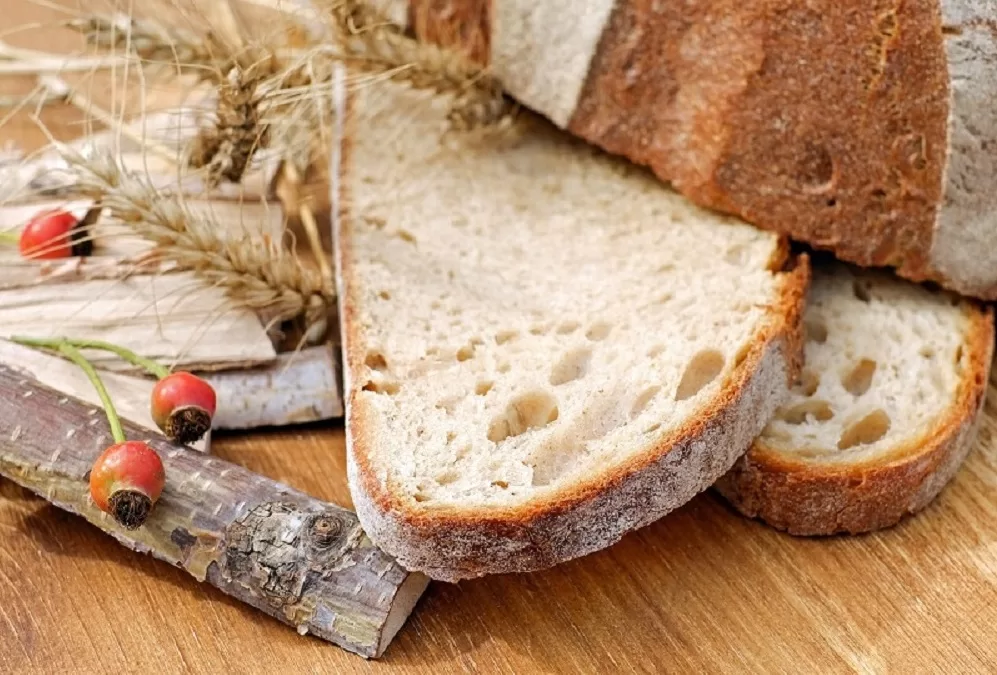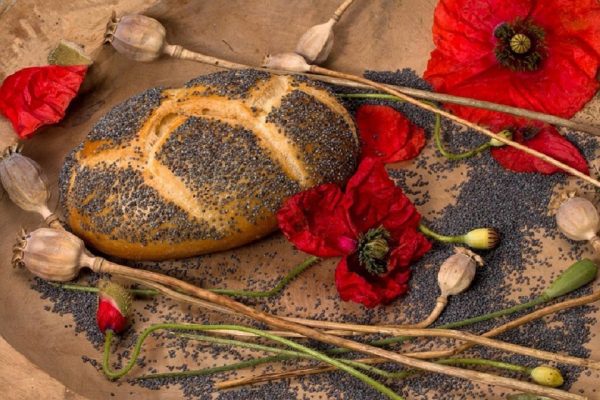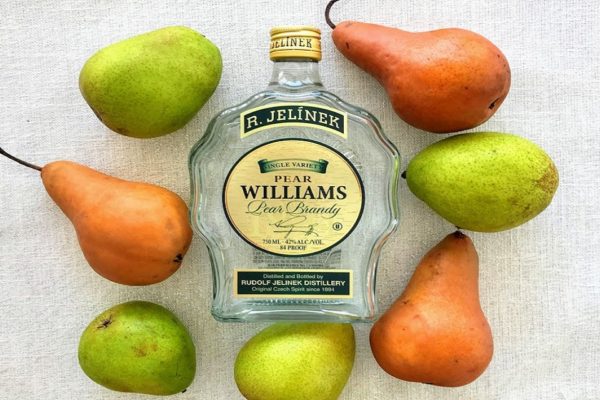Did you know that there are several Czech bread superstitions? There are – and they are very old beliefs and customs that have been passed down through generations. In today’s post, we look into the folklore surrounding this beloved staple and uncover the reasons behind the cautionary tales that have woven themselves into Czech culinary traditions.
For centuries, Czech bread has held a sacred place in the hearts of its people. Revered as a symbol of sustenance and prosperity, it is said that no bread is baked as deliciously as in the Czech Republic and Moravia. But there is more to this bread than meets the eye. Beneath its crust lies a tapestry of superstitions that have persisted through time, guiding the actions of those who handle it.

Click Here to Get Your Free Dessert Cookbook
The provided excerpt offers just a glimpse into the extensive article. To unlock the full content, become a Patreon patron. Our team meticulously gathers and curates valuable information, sparing you hours, days, or even months of research elsewhere. Our goal is to streamline your access to the best of our cultural heritage. However, a portion of the content is locked behind a Patreon subscription to help sustain our operations and ensure the continued quality of over 1,200 pages of our work.
Alternatively, you can contribute through Venmo, PayPal, or by sending cash, checks, money orders. Additionally, buying Kytka’s books is another way to show your support.
Your contribution is indispensable in sustaining our efforts and allows us to continue sharing our rich cultural heritage with you. Remember, your subscriptions and donations are vital to our continued existence.




















